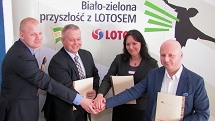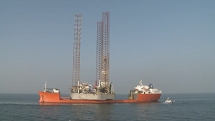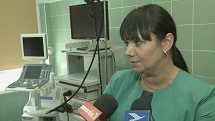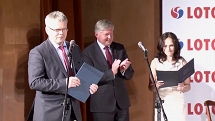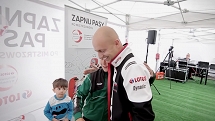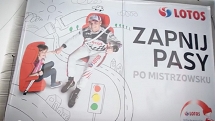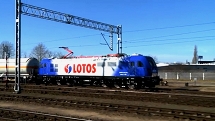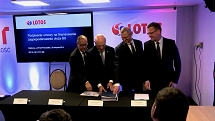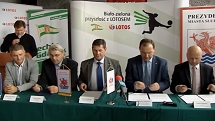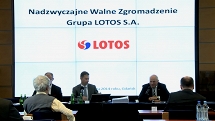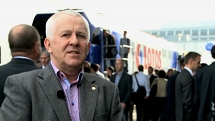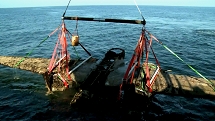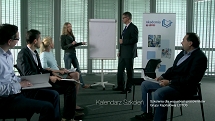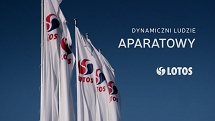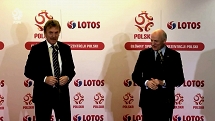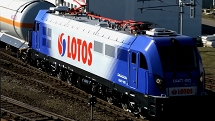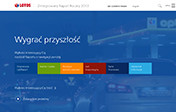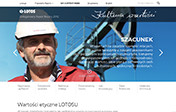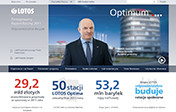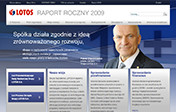-
Financial information
The past year ushered in a series of challenges for the companies in the fuel sector. The decisions made by us have demonstrated that we are able to take rapid steps to adapt to a demanding environment and ensure the desired profitability for our projects.
-
Segment performance
The segmental management model we have implemented enhances management efficiency, delivering cost and revenue synergies across the organization.
-
Letter from the Vice-President of the Board
2014 ushered in a series of challenges for the companies in the fuel sector. The decisions made by the LOTOS Group have demonstrated that we are able to take rapid steps to adapt to a demanding environment and ensure the desired profitability for our projects.
-
Business environment
The key factor that had a strong impact on both the global and Polish petroleum markets in 2014, with significant consequences for the LOTOS Group’s performance, was the price of crude oil, which also determined the price of petroleum products.
-
Strategic objectives
The LOTOS Group’s Strategy is designed to strengthen our position as a strong, innovative and efficient business which plays a major role in ensuring national energy security.
-
Business model
Our operations consist in crude oil production and processing, as well as wholesale and retail sale of petroleum products, among which are: fuels (unleaded gasoline, diesel oil and light fuel oil), heavy fuel oil, bitumens, aviation fuel, naphtha, propane-butane LPG and base oils.
-
Risk and opportunities
At the LOTOS Group, we identify a range of diverse risks, which may affect all areas of our business. The key risks in terms of their impact on our operations are the financial risks as well as risks affecting the exploration and production area. In the analysis of the risks, we also factor in issues related to sustainable development.
-
Key data 2014
With revenue of ca. PLN 28.5bn in 2014, we rank fourth in the group of 500 largest businesses in Poland.

Avoidance of conflicts of interest
Members of the Supervisory Board of Grupa LOTOS make IFRS-compliant disclosures on related-party transactions in accordance with IAS 24 Related Party Disclosures for the purposes of the Company’s financial statements. According to the representations made in the first half of the year, two members of the Company’s Supervisory Board were employed at the Ministry of State Treasury, which they both claimed had no influence on their duties on the Supervisory Board. At present (since June 30th 2014), one member of the Supervisory Board is employed at the Ministry of State Treasury and upholds his previous representation that this has no influence on his duties on the Supervisory Board. The remaining Supervisory Board members declare they have no economic links, family ties or other relations with a shareholder holding 5% or more of the total vote at the General Meeting of Grupa LOTOS and which might sway their position on matters decided by the Supervisory Board.
The Company is not aware of any conflicts of interest that arose or could have arisen in 2014, which the member concerned should have notified the Supervisory Board about, and as a result of which the member should refrain from taking the floor and voting on resolutions pertaining to the matter giving rise to such conflict of interest.
In addition to the above requirements, upon appointment, members of the Company’s Supervisory Board are required to make a representation to the effect that they are not engaged in any activities competing with the Company’s business, and that they are not partners in any competing partnership under civil law or another type of partnership, nor members of a governing body of an incorporated company or of any other competing legal entity.






